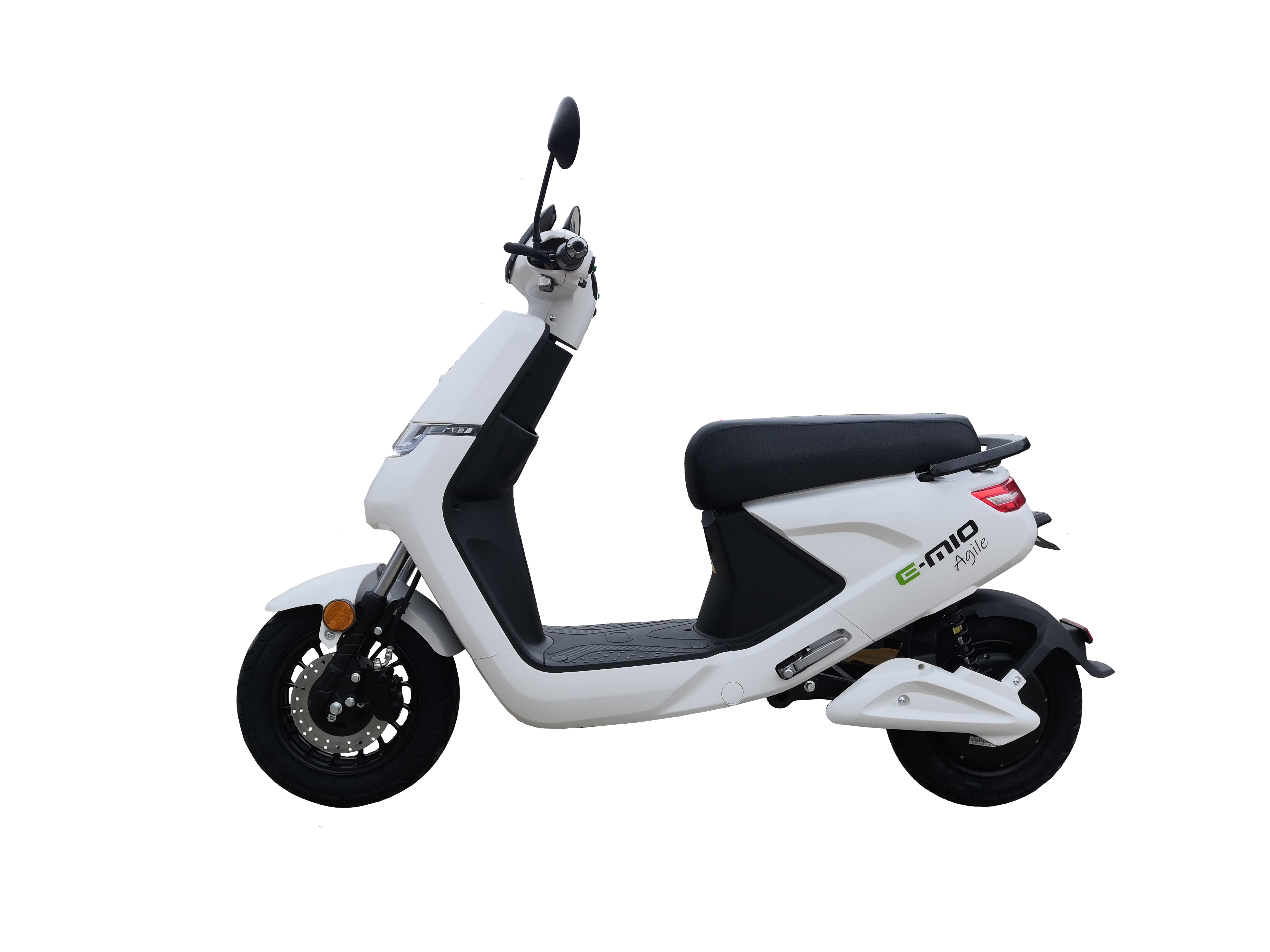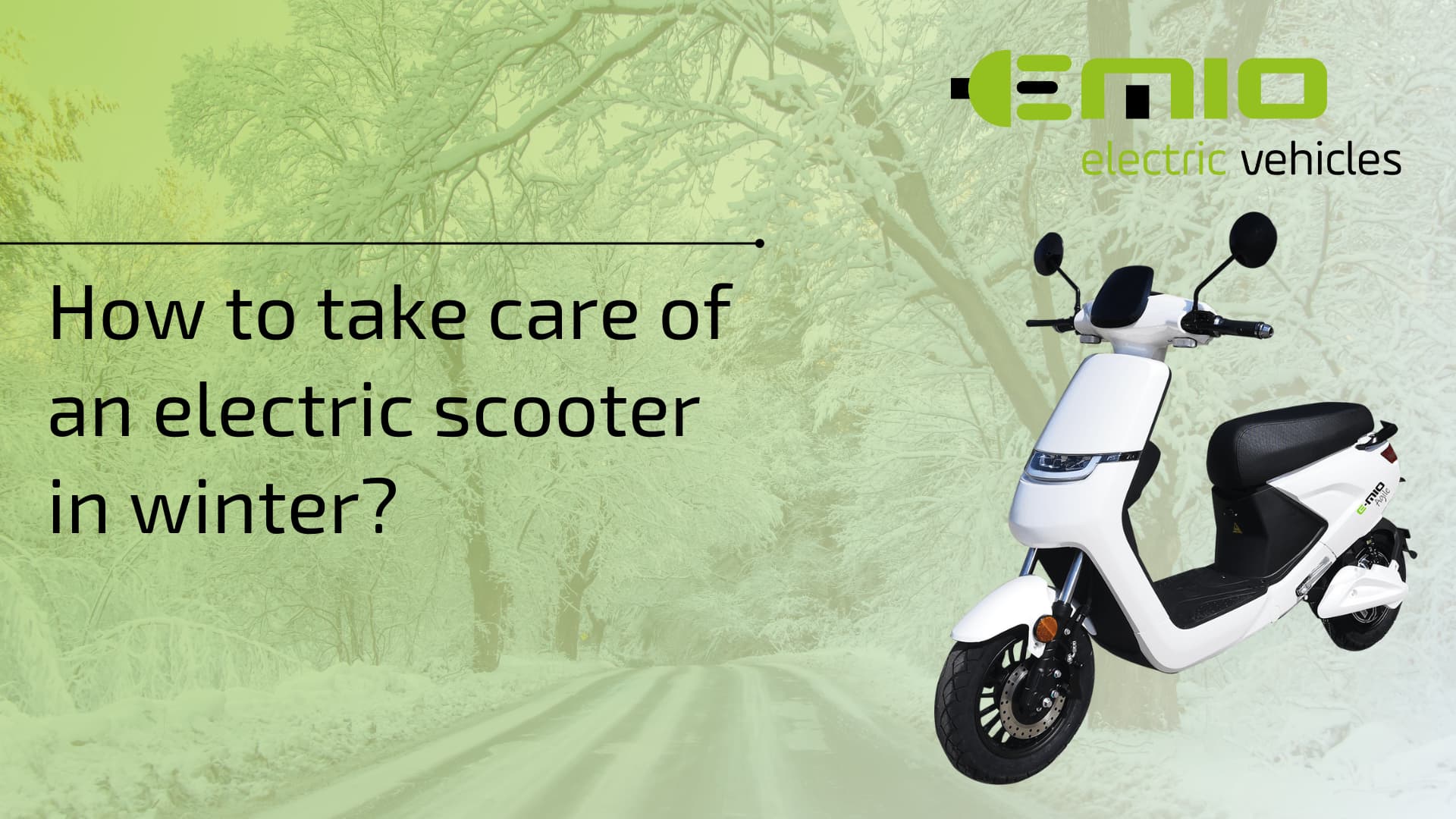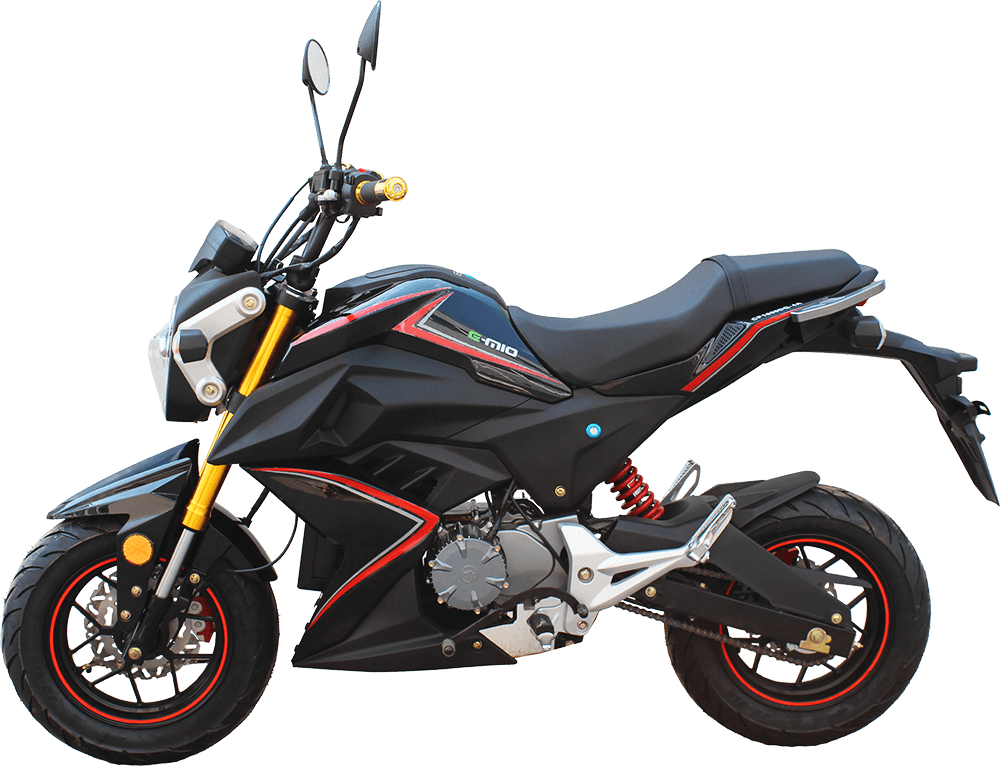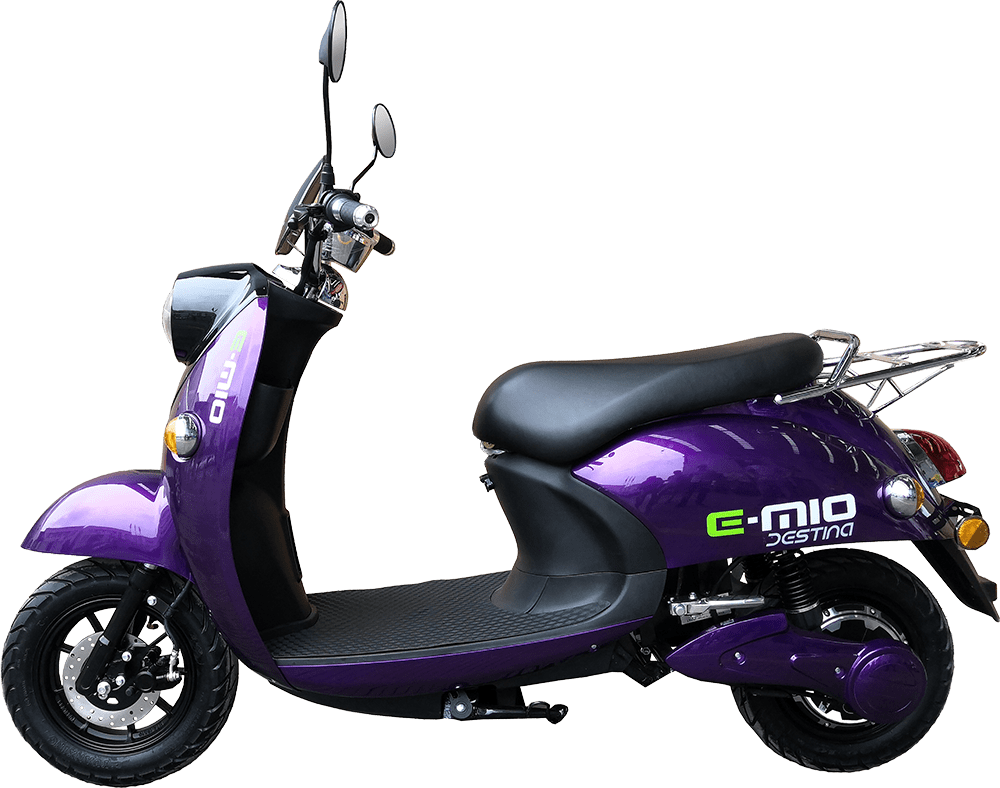Winter is a time of year that can be particularly challenging for electric scooter users, so much so that many choose to use a different mode of transport at that time. Low temperatures, snowfall and humidity can affect the performance and durability of a scooter. Therefore, in order to keep your vehicle in tip-top condition, it is worth following a few key rules for caring for your electric scooter during the winter.
Storage in a warm place
The electric scooter should be stored in a warm area to avoid exposure to extreme temperatures. Cold conditions can affect the performance of the battery, shortening its life. Especially in a situation where you do not plan to ride regularly for a long period of time, you should ensure that your scooter is not exposed to the weather. Also remember to protect your scooter’s electrical components from humidity by using special covers or sheaths. Moisture can lead to corrosion and damage to electrical components. During winter periods, it is best to park your electric scooter indoors, for example in a garage. This will ensure that your vehicle is not exposed to adverse weather conditions.
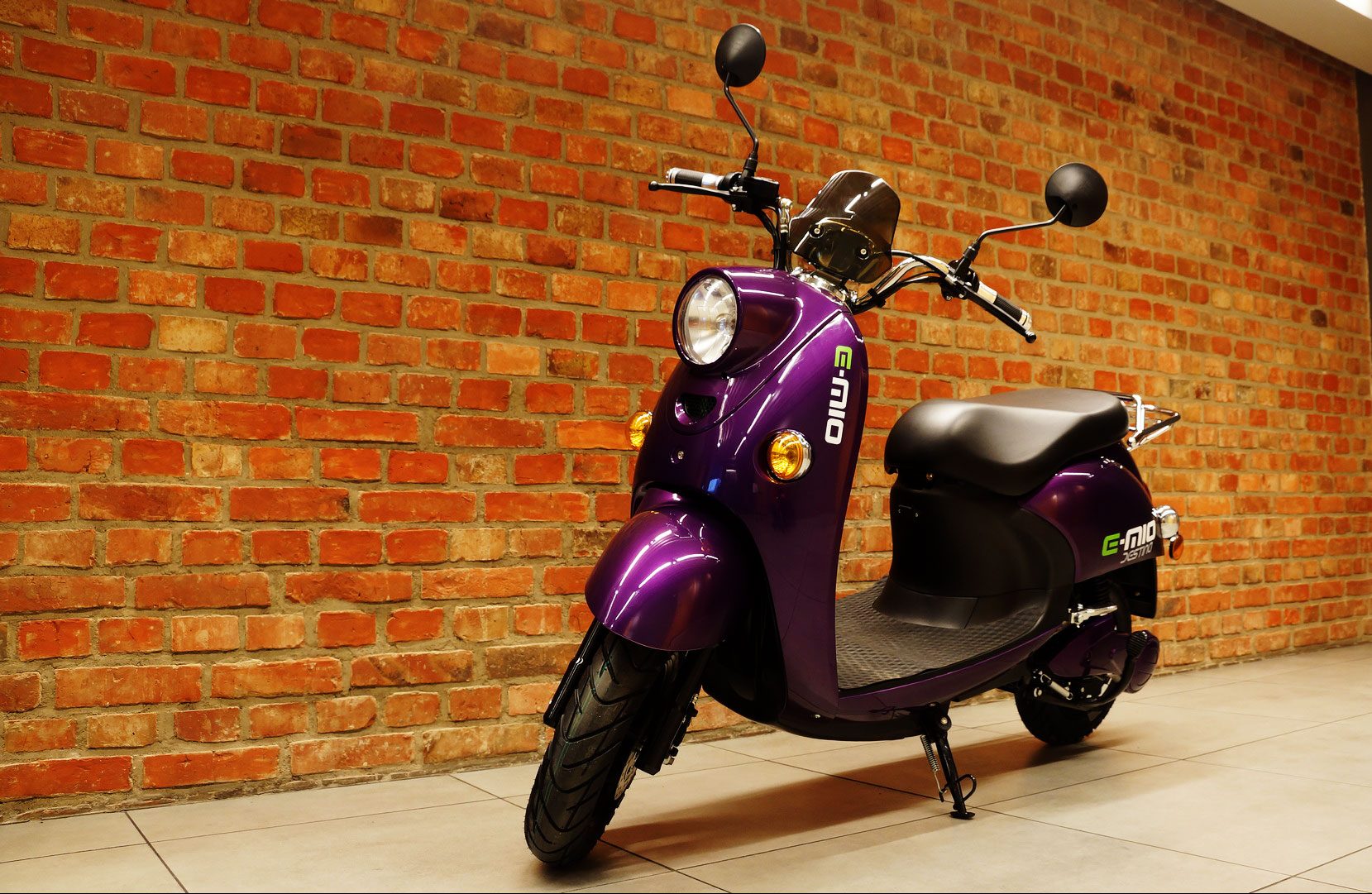
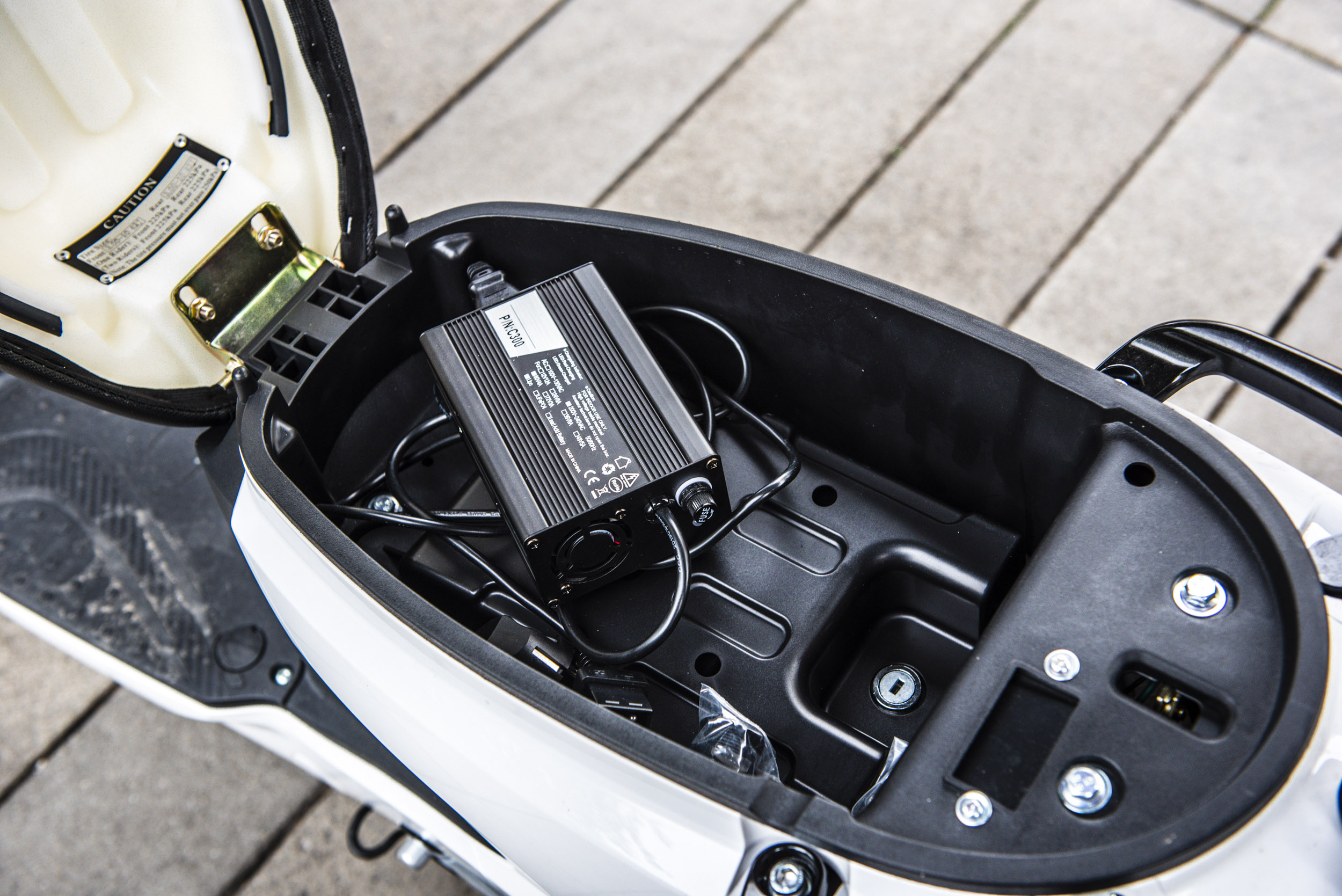
Regular charging
Even if you use your electric scooter less frequently during winter periods, it is worth remembering to recharge the battery on a regular basis. This guarantees its longer life, as lithium-ion batteries should not be discharged to zero. Regular charging is a guarantee of keeping the battery in good condition, so that the scooter has a consistently long range and reaches a guaranteed speed. Leaving the battery discharged for a longer period of time will cause it to be used up faster. Unfortunately, this results in a reduction in its performance. Regularly recharging your electric scooter’s battery is not only a matter of maintaining the vehicle’s performance, but also a matter of caring for the environment. By charging regularly, you reduce the need to replace the battery, which reduces electronic waste, thereby reducing the negative impact on the ecosystem.
Be aware of road conditions
Despite the cold winter temperatures, scooter users often do not give up this mode of transport. However, special precautions must be taken when deciding to travel by scooter. In winter, roads are often icy or snow-covered. Remember to drive carefully, avoid sudden acceleration and braking, even when road conditions seem favourable. Regularly check the condition of your vehicle, such as tyre pressure, which can affect traction on slippery winter roads. Winter days are shorter and visibility can be reduced. Make sure all the lights on your scooter are working properly to increase road safety. Also check the condition of the brake pads and discs regularly, especially in winter conditions when the brakes are under more stress.
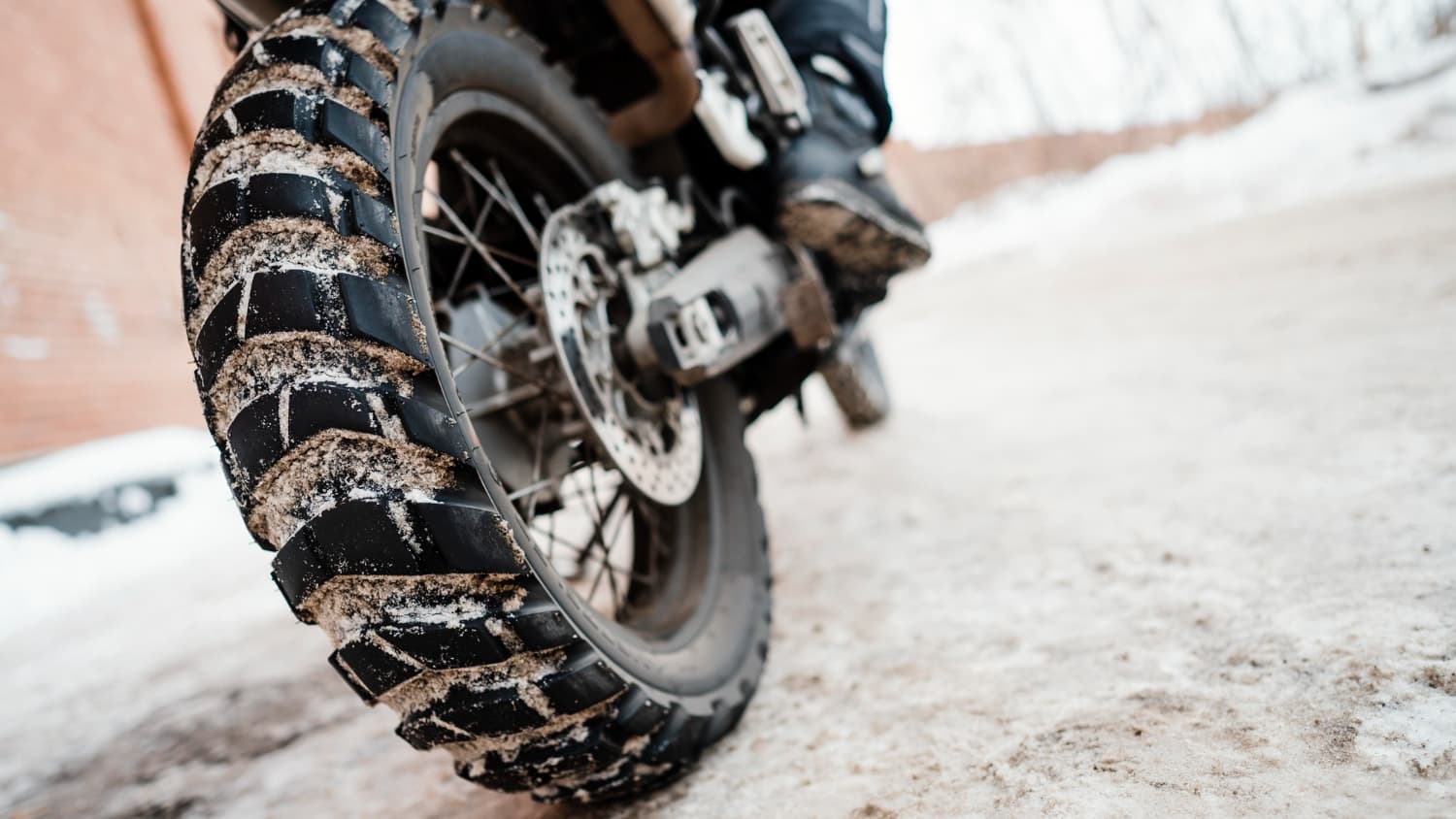
In conclusion, riding an electric scooter is possible in winter, especially in milder temperate climates. Remember, however, that regular maintenance and care during the winter will contribute to a longer life for your electric scooter and its batteries, as well as ensuring a safe and enjoyable riding experience.
Choose an electric scooter for you!
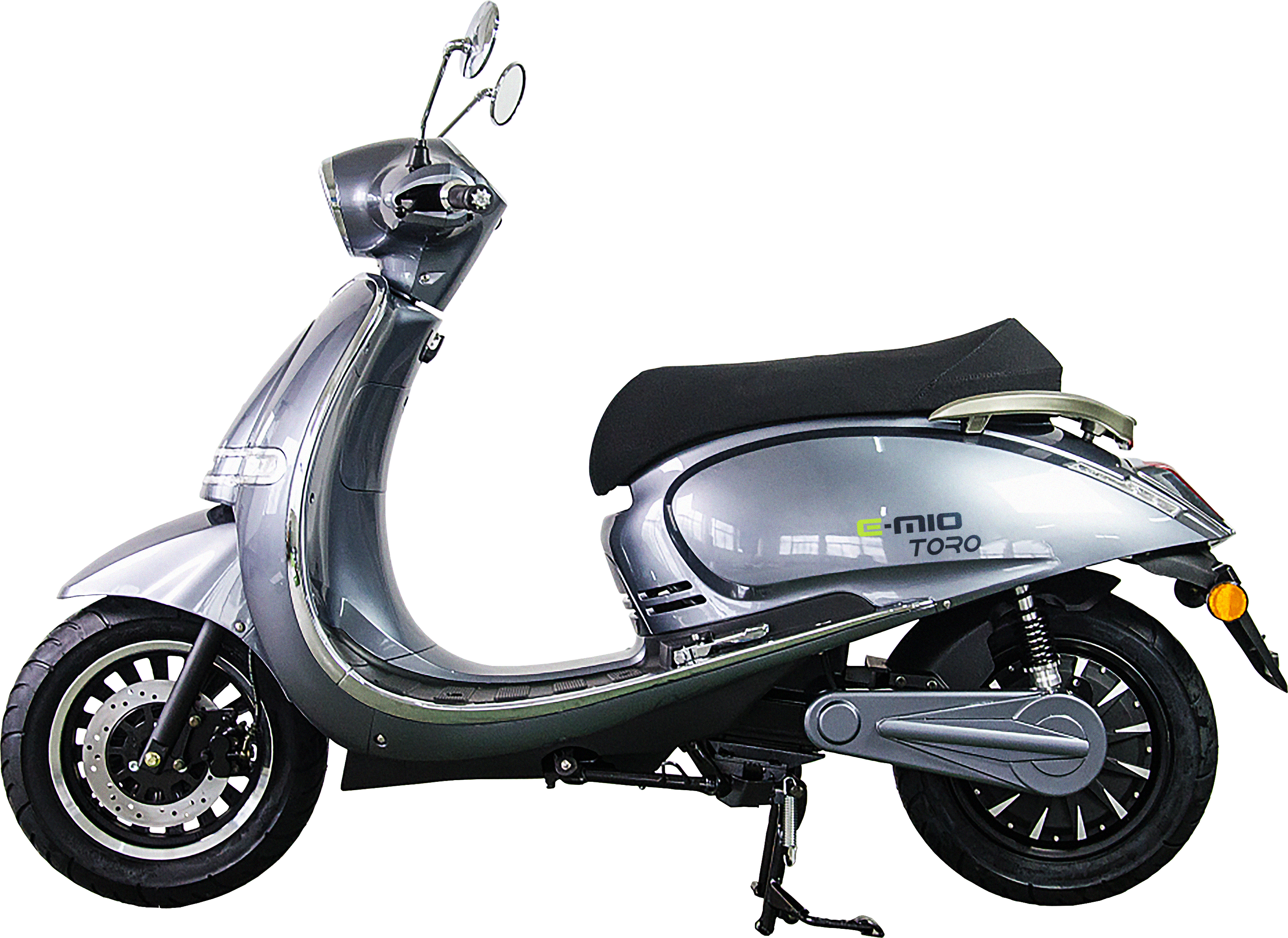
Emio Toro+ V
Emio Toro+ V
Dynamiczny skuter z silnikiem 5000 W, pojemną baterią litowo-jonową, prędkością maksymalną 90 km/h i zasięgiem do 60 km.